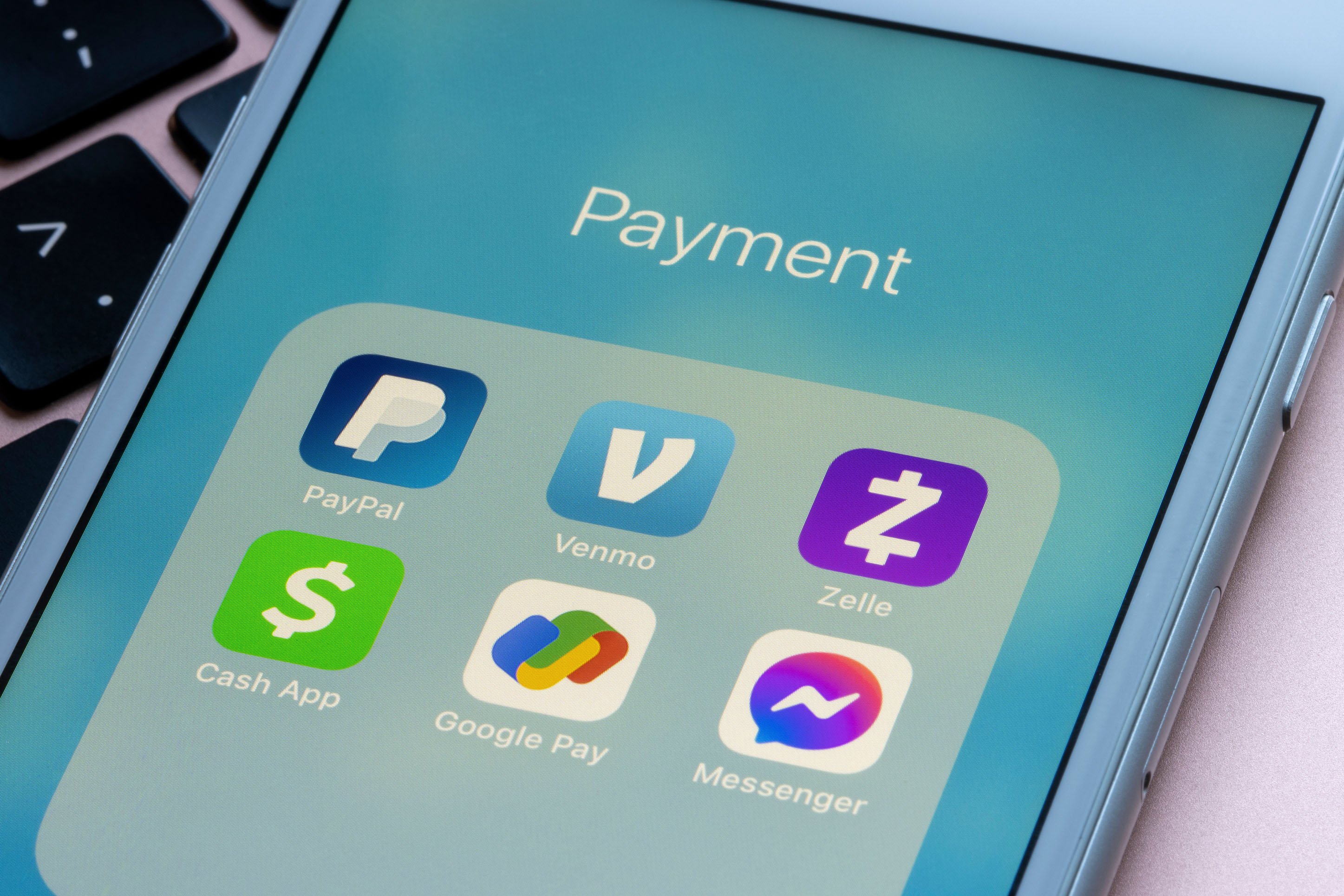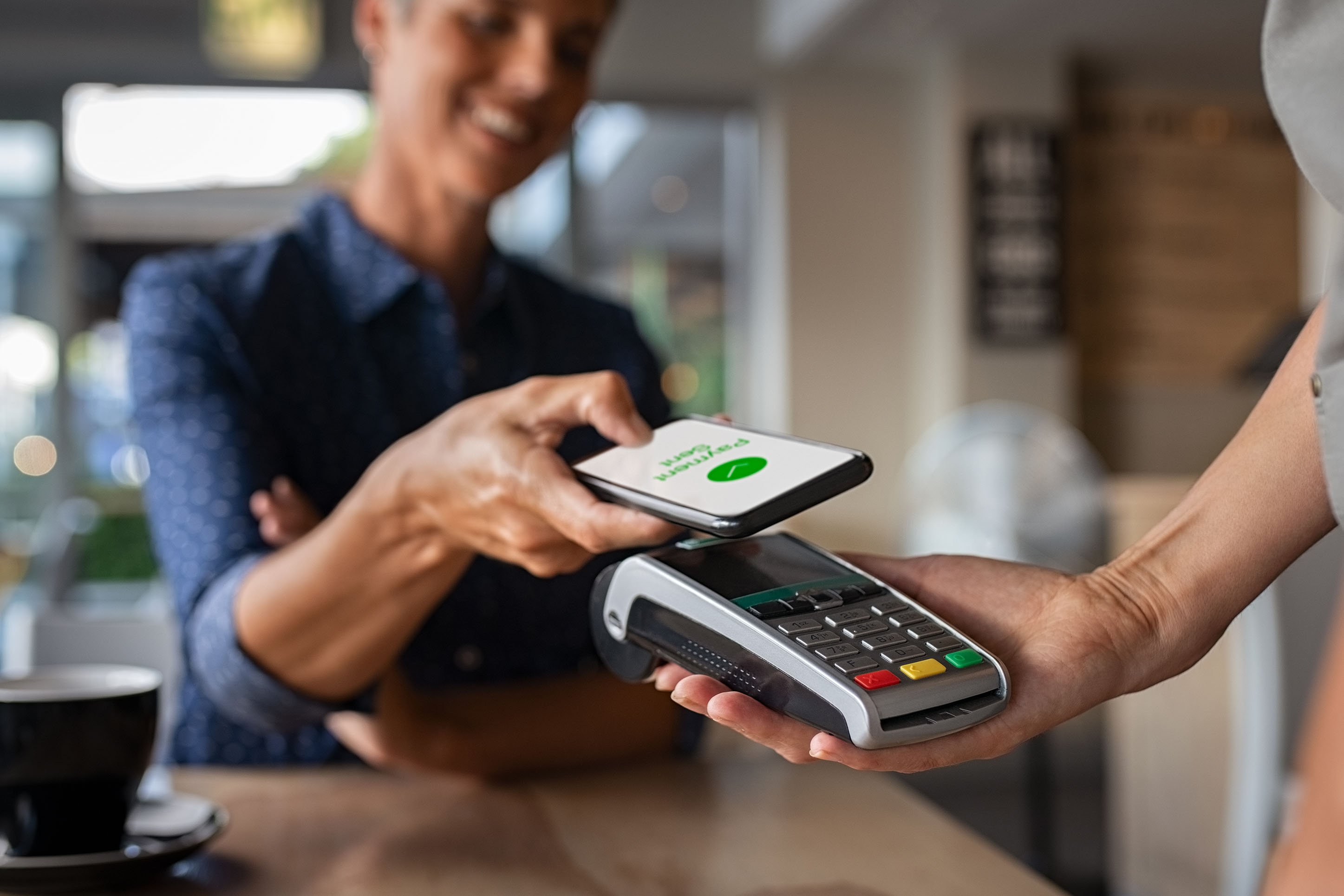Venmo
Venmo uses digital security on par with financial institutions to protect users’ money. It has a bit of a social media feel to it since you can send money to friends publicly if you want to pay them back for dinner and include a pizza emoji. But you can also turn your transactions to private so that potential scammers won’t see what you owe your roommate for groceries. Of course, like any digital platform, there’s a risk if your password isn’t strong enough or your email has been compromised elsewhere.
Cash App
Like Venmo, Cash App is a peer-to-peer payment platform that easily lets you send money to friends and others you know. It also employs top-of-the-line encryption and fraud prevention to help protect users’ money. On top of the standard two-factor authentication, you can also opt in to more locked-down security features. Like many of these apps, the vulnerability comes if you send money to someone who turns out to be a scammer.
Zelle
With authentication measures and data encryption built by banks for Zelle, the only information associated with your account that others can see is your email address or phone number. But as with any online payment platform, scammers sometimes use Zelle to trick people into sending them money. It’s important to know that you should treat payments with Zelle like cash payments: Zelle won’t reimburse users if they make a payment to the wrong person or fall victim to fraud, so once you send money to someone, expect that it’s gone. Like with other apps, it’s a good idea to only send money to people you know and trust.

PayPal
PayPal is widely considered to be one of the safer ways to send money online. Security features like end-to-end encryption and advanced fraud protection, including automatic emails confirming every purchase, can help keep your money safe. It still pays to stay aware of common scams and be up on your phishing tactics, those tricks that scammers will use to try to trick people into making payments or sharing bank details without thinking.
Because it’s free to link credit cards to your account, like your VISA Platinum Rewards card from RMCU, you can take advantage of even bigger security with the added protection that you get when paying with credit.
RMCU App
You want to put your money somewhere where you know it’s safe. And then you want to be sure that any time you interact with it—whether to pay bills, make transfers between accounts, or send money to someone you know—it’s safe, too.

That’s where the RMCU mobile app comes in. Of course, you can still log in to online banking on the website or go into a branch in person to manage your money. But knowing you can trust the layers of security and encryption that keep your money safe—even when you’re out and about on your phone—means peace of mind. And account alert features let you keep closer tabs on where your money is going, even when you’re not logged in.
The security measures in place on these top mobile banking apps make it harder for hackers to steal your data. But there’s always a risk, especially from sneaky scammers trying to trick you. Remember, RMCU will never call or email you asking for personal, account or login information. Don’t give out personal information or click links in emails before you confirm that the sender is real. Follow these fraud protection tips, and find out about some common scams to help keep your money safe.
*Non RMCU links are being provided as a convenience and for informational purposes only; they do not constitute an endorsement or an approval by Rocky Mountain Credit Union of any of the products, services or opinions of the corporation or organization or individual. RMCU bears no responsibility for the accuracy, legality, or content of the external sites.



